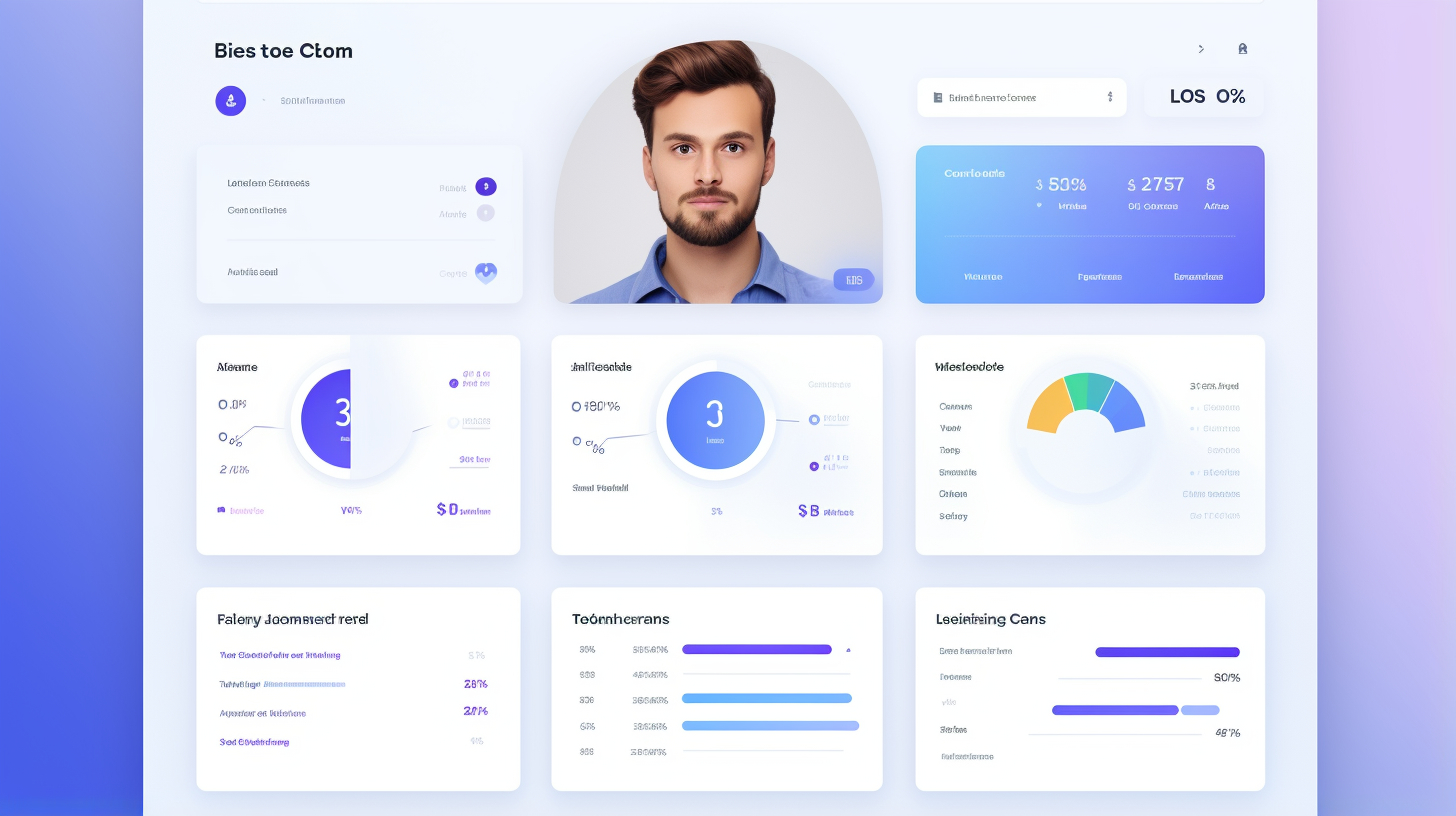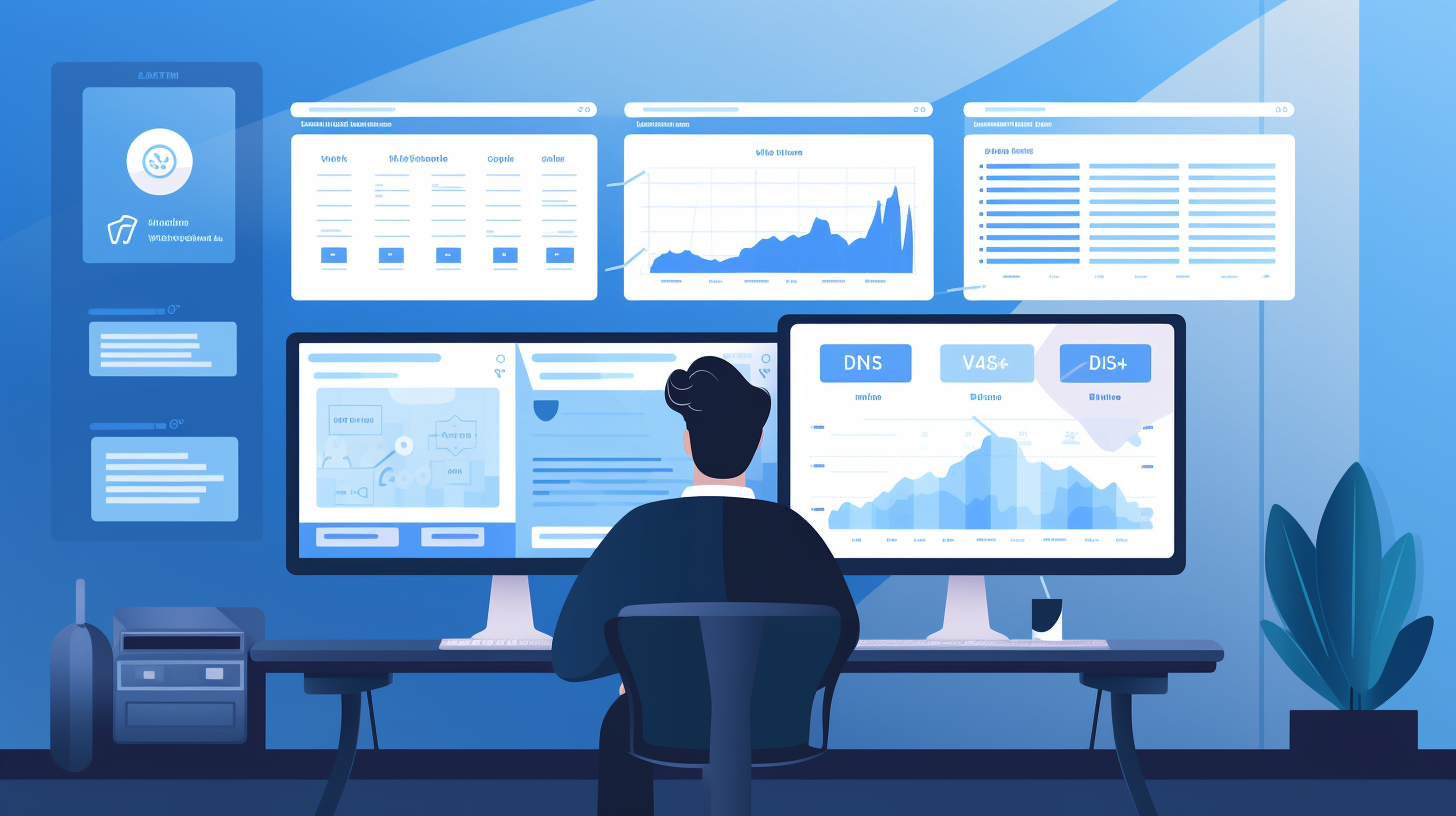嗨!您是 WordPress 网站所有者还是有志于成为博主的人?好吧,我有一些重要信息要与您分享。在当今的数字时代,确保网站的安全性和可靠性至关重要。毕竟,您的在线形象是您的品牌通向世界的大门。一个小小的漏洞可能会导致毁灭性的后果,不仅会损害您的声誉,还会损害客户的信任。
WordPress 是全球最受欢迎的内容管理系统 (CMS) 之一,在安全挑战方面也不例外。事实上,由于其广泛使用,它是网络犯罪分子的主要目标。但不要害怕!通过实施一些最佳实践,您可以强化您的 WordPress 网站,并安心入睡,因为您知道您的网站是安全的。
在本文中,我们将深入探讨 WordPress 网站在安全性和漏洞方面面临的挑战。我们还将探讨一些您可以采用的基本最佳实践,以保护您的网站并保护其免受潜在攻击。那么,让我们开始确保您的 WordPress 网站的安全性和可靠性吧!
要了解有关保护 WordPress 网站的更多信息,IT 经理可以参考 Managed-WP™ 提供的综合指南。该资源涵盖了保护您的网站免受常见安全威胁的最佳实践,确保您和您的团队高枕无忧。 保护您的 WordPress 网站:IT 经理的最佳实践
WordPress 安全挑战
WordPress 是全球最受欢迎的内容管理系统 (CMS) 之一,为数百万个网站提供支持。然而,它的流行也使它成为黑客和网络犯罪分子的主要目标。了解 WordPress 网站面临的安全挑战对于保护您的网站免受潜在威胁至关重要。以下是一些需要注意的关键挑战:
攻击率
- 每分钟有近 90,000 次攻击针对 WordPress 网站1.
- 8% 的 WordPress 网站因密码薄弱而遭到黑客攻击2.
- Sucuri 研究:2022 年使用 SiteCheck 扫描的 WordPress 网站中有 4.3% 遭到黑客攻击3.
黑客攻击和漏洞
- 在 8,000 个受感染网站的样本中,74% 是 WordPress 网站4.
- 互联网上 43.1% 的网站都运行着 WordPress4.
- 73% 的 WordPress 安装易受网络攻击4.
- XSS(跨站点脚本)是 WordPress 中最大的威胁,其次是代码执行和绕过4.
XSS 威胁
XSS 是一种攻击类型,其中恶意脚本被注入受信任的网站,允许攻击者劫持用户会话、破坏网站或窃取敏感信息。为了缓解 XSS 威胁,必须做到以下几点:
- 保持 WordPress、主题和插件为最新版本。
- 定期审核并检查您的网站代码是否存在漏洞。
- 安装可以检测和阻止XSS攻击的安全插件。
- 使用安全编码实践并净化用户输入。
托管平台漏洞
41% 的 WordPress 网站因托管平台漏洞而受到攻击4。选择托管服务提供商时,请考虑以下几点:
- 确保托管平台具有强大的安全措施。
- 选择专门从事 WordPress 安全的托管 WordPress 主机提供商。
- 定期备份您的网站并选择提供自动备份的托管服务提供商。
每日黑客事件
每天有 30,000 个新网站遭到黑客攻击4.攻击的普遍性凸显了实施强有力的安全措施的重要性。
针对 WordPress 的攻击盛行情况
所有被黑客入侵的 CMS(内容管理系统)网站中,90% 的网站都是针对 WordPress 网站的4。此统计数据强调了采取主动安全措施来保护您的 WordPress 网站的必要性。
保护您的 WordPress 网站免受安全威胁对于其长久运行和成功至关重要。实施以下最佳实践可以帮助增强您的网站安全性:
WordPress 安全最佳实践
WordPress 是一个流行的网站和博客创建平台。它功能多样、用户友好且可自定义。但是,与任何其他网站一样,WordPress 网站也容易受到安全威胁。黑客不断尝试利用漏洞并获得对 WordPress 网站的未经授权的访问。因此,实施强大的安全措施以确保 WordPress 网站的安全性和可靠性至关重要。在本文中,我们将讨论一些 WordPress 安全性的最佳实践,您可以遵循这些实践来保护您的网站免受潜在威胁。
强密码
- 始终为您的 WordPress 管理员和用户帐户使用强大且独特的密码。
- 避免使用常用密码或容易猜到的个人信息。
- 密码中包含大写、小写字母、数字和特殊字符的组合。
- 定期更新您的密码以最大限度地降低未经授权访问的风险。
定期更新
- 保持您的 WordPress 核心、主题和插件为最新版本。
- WordPress 定期发布包含安全补丁和错误修复的更新。
- 一旦有更新可用,请立即更新您的 WordPress 安装,以确保您拥有最新的安全增强功能。
- 启用自动更新以简化更新过程并减少错过关键安全更新的机会。
安全托管服务提供商
- 为您的 WordPress 网站选择一个可靠且安全的托管服务提供商。
- 寻找提供强大安全措施的托管服务提供商,例如防火墙、恶意软件扫描和定期备份。
- 确保您的托管服务提供商保持其服务器软件为最新版本,以解决任何安全漏洞。
网站备份
- 定期将您的 WordPress 网站备份到安全的位置。
- 如果发生任何安全漏洞或数据丢失,最近的备份将允许您快速恢复您的网站。
- 考虑使用备份插件或服务来自动执行备份过程并允许您安排定期备份。
限制登录尝试
- 采取措施限制 WordPress 网站上的登录尝试。
- 使用可以限制来自单个 IP 地址的登录尝试次数的插件。
- 实施强密码策略,强制执行密码复杂性,并在一定次数的登录尝试失败后设定锁定期限。
通过遵循这些最佳实践,您可以显著增强 WordPress 网站的安全性,并最大限度地降低黑客攻击和数据泄露的风险。请记住,安全是一个持续的过程,因此,务必及时了解最新的安全实践并始终如一地实施它们。
附加信息:
- 每分钟有近 90,000 次攻击针对 WordPress 网站。
- 8% 的 WordPress 网站由于密码薄弱而遭到黑客攻击。
- 2022 年使用 SiteCheck 扫描的 WordPress 网站中有 4.3% 遭到黑客攻击 – Sucuri 研究.
- 在 8,000 个受感染网站样本中,74% 是 WordPress 网站。
- WordPress 运行着互联网上所有网站的 43.1%。
- 73% 的 WordPress 安装容易受到网络攻击。
- XSS 是 WordPress 中最大的威胁,其次是代码执行和绕过 – CVE 详细信息.
- 41% 的 WordPress 网站由于托管平台存在漏洞而受到攻击。
- 每天有 30,000 个新网站遭到黑客攻击。
- WordPress 网站中 97% 的漏洞来自过时或有缺陷的插件。
- 在所有遭到黑客攻击的 CMS 网站中,有 90% 是被攻击的 WordPress 网站。
来源: 保护您的 WordPress 网站:IT 经理的最佳实践
结论
总之,在当今的数字环境中,确保 WordPress 网站的安全性和可靠性至关重要。由于针对 WordPress 网站的攻击率很高,并且各种因素导致漏洞频发,因此实施最佳实践来保护您的网站并维护其完整性至关重要。
通过遵循 WordPress 安全最佳实践,例如使用强密码、定期更新插件和主题、选择安全的托管服务提供商、定期备份和限制登录尝试次数,您可以显著提高网站的安全性并降低黑客事件的风险。
使用自动化解决方案来确保 WordPress 的安全性和可靠性,例如 Managed-WP™,可以进一步简化流程,并提供专家协助来保护您的网站。Managed-WP™ 是一个高级托管 WordPress 云托管平台,可简化基础架构,提供自由的数字体验,并提供 24/7/365 全天候解决问题的专业知识。借助 Managed-WP™,您可以专注于发展您的在线业务,同时放心地知道您的 WordPress 网站处于安全状态。
请记住,网站安全不容小觑。通过实施正确的措施并与可靠的服务合作,您可以确保 WordPress 网站的安全性和可信度,从而专注于最重要的事情 - 为您的受众提供有价值的内容和无缝的用户体验。
要了解有关保护 WordPress 网站和利用自动化解决方案提高安全性和可靠性的更多信息,请访问 保护您的 WordPress 网站:IT 经理的最佳实践 和 WordPress 安全性和可靠性的自动化解决方案 - Managed-WP.™.
常见问题
- 确保 WordPress 网站安全的一些最佳做法是什么?
确保 WordPress 网站安全的一些最佳实践包括:保持 WordPress 和插件/主题更新、使用强密码、限制登录尝试次数、安装安全插件、启用双因素身份验证以及定期备份您的网站。
- 如何提高我的 WordPress 网站的可靠性?
为了提高 WordPress 网站的可靠性,您可以:选择可靠的托管服务提供商、优化网站的性能、使用缓存插件、避免过度使用插件/主题、定期监控和修复任何断开的链接,并确保与不同设备和浏览器的兼容性。
- WordPress 中有哪些常见的安全漏洞?
WordPress 中的一些常见安全漏洞包括:过时的 WordPress/核心文件、易受攻击的插件/主题、弱密码、SQL 注入、跨站点脚本 (XSS) 和暴力攻击。保持警惕并采取必要的安全措施来保护您的网站非常重要。
- 是否有必要使用 WordPress 安全插件?
虽然 WordPress 不强制使用安全插件,但强烈建议使用。安全插件通过主动监控和阻止潜在威胁、提供防火墙保护以及提供各种安全功能和设置,为您的网站增加了一层额外的保护。
- 我应该多久备份一次我的 WordPress 网站?
建议定期备份您的 WordPress 网站,最好是每天或每周备份一次。这可确保您拥有网站数据的最新副本,以防发生任何不可预见的事件,例如意外数据丢失、黑客攻击或网站崩溃。
{“@context”:“https://schema.org”,“@type”:“FAQPage”,“mainEntity”:[
{“@type”:“Question”,“name”:“确保 WordPress 网站安全的一些最佳做法是什么?”,“acceptedAnswer”:{“@type”:“Answer”,“text”:“确保 WordPress 网站安全的一些最佳做法包括:保持 WordPress 和插件/主题更新、使用强密码、限制登录尝试次数、安装安全插件、启用双因素身份验证以及定期备份您的网站。”}},
{“@type”:“Question”,“name”:“如何提高我的 WordPress 网站的可靠性?”,“acceptedAnswer”:{“@type”:“Answer”,“text”:“要提高 WordPress 网站的可靠性,您可以:选择可靠的托管服务提供商、优化网站性能、使用缓存插件、避免过度使用插件/主题、定期监控和修复任何断开的链接,并确保与不同设备和浏览器的兼容性。”}},
{“@type”:“Question”,“name”:“WordPress 中有哪些常见的安全漏洞?”,“acceptedAnswer”:{“@type”:“Answer”,“text”:“WordPress 中一些常见的安全漏洞包括:过时的 WordPress/核心文件、易受攻击的插件/主题、弱密码、SQL 注入、跨站点脚本 (XSS) 和暴力攻击。保持警惕并采取必要的安全措施来保护您的网站非常重要。”}},
{“@type”:“Question”,“name”:“是否有必要为 WordPress 使用安全插件?”,“acceptedAnswer”:{“@type”:“Answer”,“text”:“虽然不强制要求为 WordPress 使用安全插件,但强烈建议使用。安全插件通过主动监控和阻止潜在威胁、提供防火墙保护以及提供各种安全功能和设置,为您的网站增加了一层额外的保护。”}},
{“@type”:“Question”,“name”:“我应该多久备份一次我的 WordPress 网站?”,“acceptedAnswer”:{“@type”:“Answer”,“text”:“建议定期备份您的 WordPress 网站,最好是每天或每周备份一次。这可确保您拥有网站数据的最新副本,以防发生任何不可预见的事件,例如意外数据丢失、黑客攻击或网站崩溃。”}}
]}



















